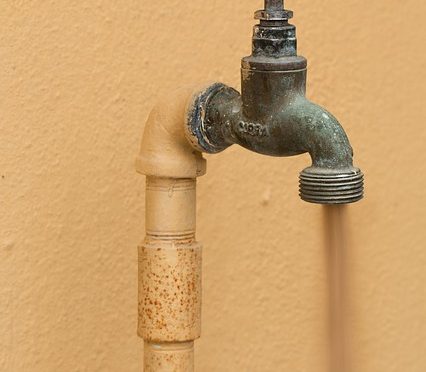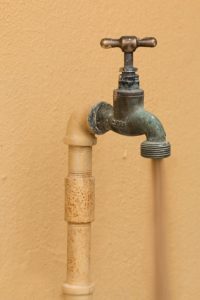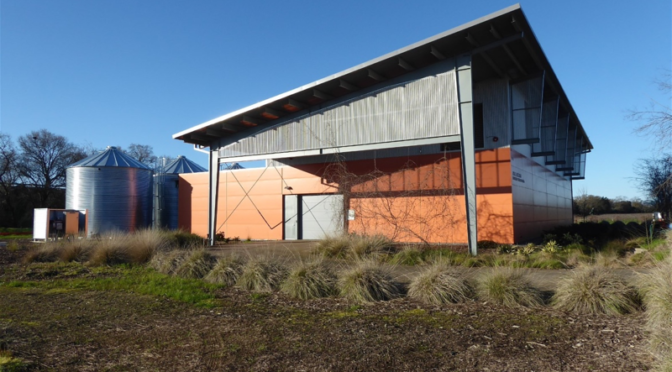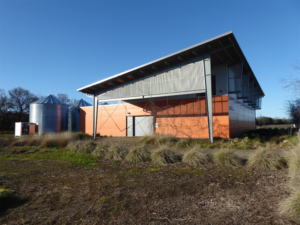Labor Day, the first Monday in September, is a creation of the labor movement and is dedicated to the social and economic achievements of the American worker. It constitutes a yearly national tribute to the contributions workers have made to the strength, prosperity, and well-being of our country.
RainBank Rainwater Systems’ staff, at the 2017 Stormwater Conference in Seattle, explains the benefits of collecting rainwater for beneficial usage, while mitigating stormwater.
RainBank Rainwater Systems would like to take a moment to recognize the combined dedication of our employees, along with members of the American Rainwater Catchment Systems Association (ARCSA), in the advancement of stormwater management and rainwater collection. The efforts of these dedicated individuals in bringing education and awareness of the effects of stormwater runoff and the benefits of collection before it becomes runoff should not go unnoticed.


 How will the 31% budget cuts to the EPA affect our country’s drinking water?
How will the 31% budget cuts to the EPA affect our country’s drinking water?
